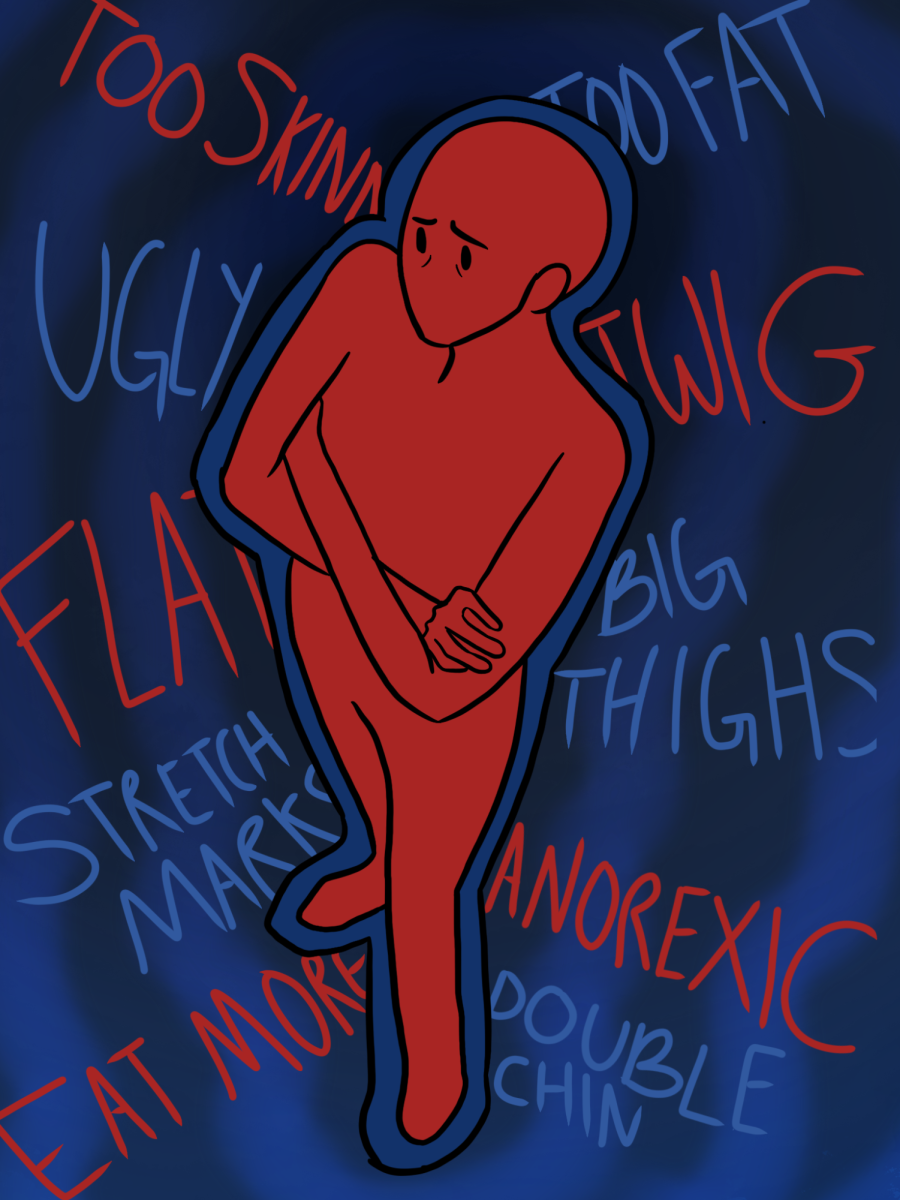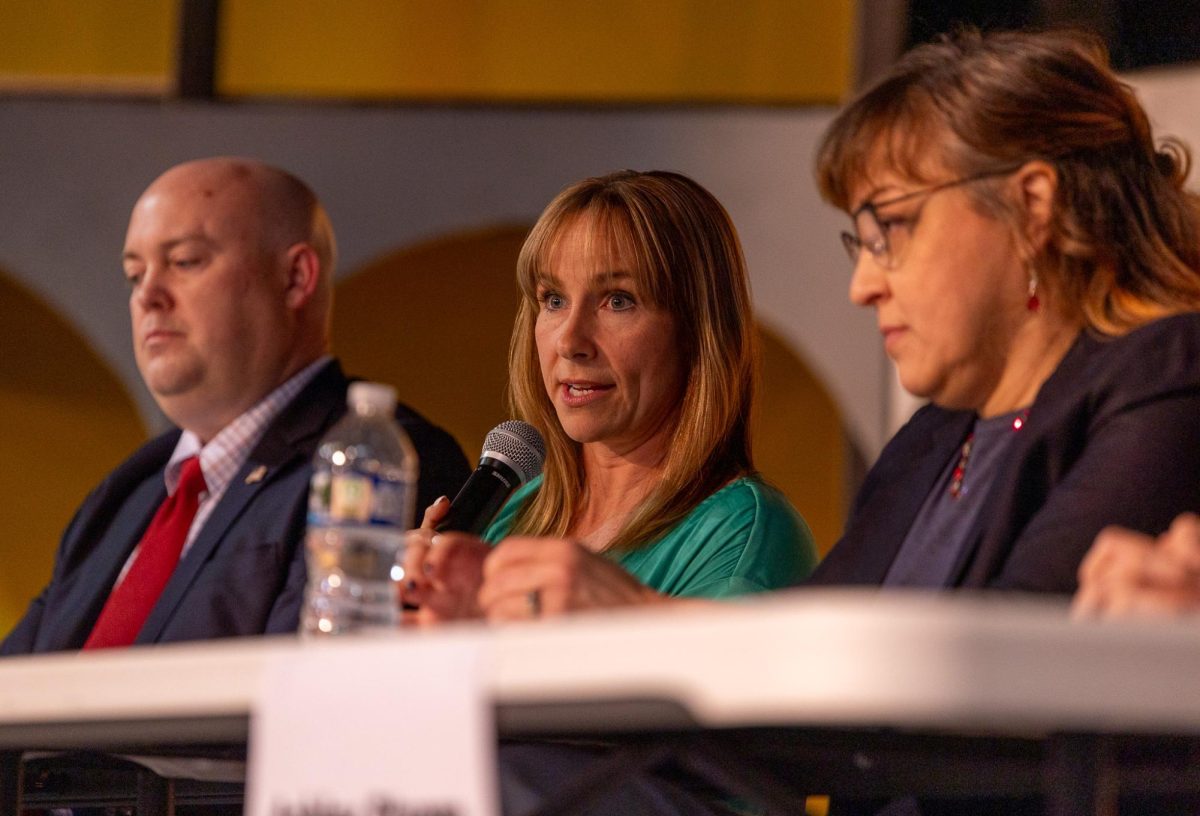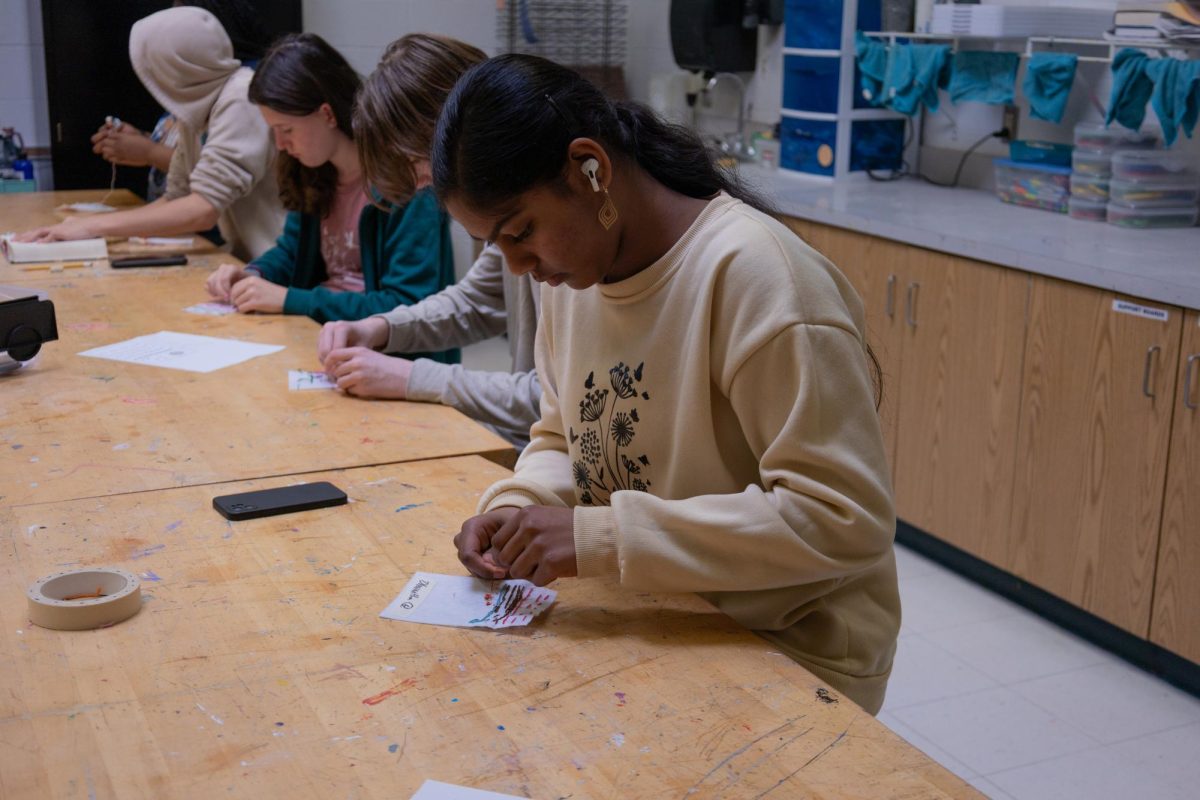During the course of your life, your body goes through a multitude of changes, some of which are more welcome than others. There is no other time that is so vulnerable than your teenage years, which is the time that most people struggle with their body image and the way that they are perceived by others. The access to social media has facilitated the conversation about body image and in response to the negativity that many people had about their own bodies and others, the body positivity movement began to gain prominence to counteract this negative view.
This movement has grown exponentially in recent years, opening up a dialogue about people’s insecurities about their bodies, including body weight, stretch marks, and other such characteristics that go against societal standards. Although, there are many people who believe that the original goal of the body positivity movement has been overtaken with focus on only those who are overweight instead of focusing on appreciating everyone’s bodies.
Senior Hannah Rodriguez-Nemeth understands the benefits of the movement and how it has helped people, but also acknowledges its shortcomings.
“Before people were like, ‘I shouldn’t do this, I shouldn’t eat this, and I need to exercise more’, but be since the movement, more people are like, ‘No, I’m happy with myself.’” Rodriguez-Nemeth said. “But it doesn’t just go one way, it goes both ways. People see it as just looking on the bright side of being more curvy, but really, if you’re really really skinny you should still be positive about your body.”
Senior Brennen Hoffmann believes that the movement is damaging to people’s bodies and can actually be counterintuitive.
“It’s a respect thing. I don’t think that you should have to take away respect from anyone. But it’s just become much more absurd than that.” Hoffmann said. “It makes people think that they can just treat their bodies awfully. Because if I’m not going to treat my body like it needs to be treated, then it’s going to start breaking down. It’s bad for both physical and mental health.”
Rodriguez-Nemeth compares how society uses the term ‘fatphobic’ versus how the term should be used.
“When people use it, [they] use it in the wrong way, like I work at a restaurant, so if I say ‘Would you be more comfortable in a booth instead of a table?’ a lot of people are automatically going to tell me that I’m being fatphobic, but I’m just asking them if they would be more comfortable,” Rodriguez-Nemeth said. “What is fatphobic is somebody telling me that I need to let down on the carbs and telling me I need to exercise more. We just met, you can’t do that.”
Similarly, Hoffmann sees the word ‘fatphobia’ as unnecessary and harmful to those who use it.
“I think people overuse it. I think that it is pretty degrading to overweight people.” Hoffmann said. “It’s not a phobia.”
School nurse Christine Gerling, advises students who may be insecure about their body to focus on their physical health, which will in turn, positively impact their mental health.
“I am glad that they at least have the health class and PE class. And I don’t believe they should ever get rid of those. You can take extra PE classes and that would be encouraging. And you can take the foods and nutrition and culinary arts,” Nurse Gerling said. “If you are sad and depressed, you’re not going to feel good. And if you don’t feel good, it can also make you sad and depressed. It works both ways. I would say the best advice would be to pick one thing that you can change. Maybe that one thing will lead to another one but you also have to find out why you don’t like it.”
Similarly, Hoffmann believes that for people to feel better mentally, they need to feel better physically, whether that means going to the gym or eating better, more nutritious foods.
“We should push people to go to the gym, whether they are overweight or underweight. It’s just good for anybody.” Hoffman said.
Rodriguez-Nemeth warns against falling into the trap of comparing yoursel to others, and reminds people to not put others on a pedestal.
“It’s a part of society. We see photos on Instagram and we see videos on TikTok of these people that we think are perfect, but they have their own problems. And I think we need to be aware of that. And I think that would really help [the movement].” Rodriguez-Nemeth said.










